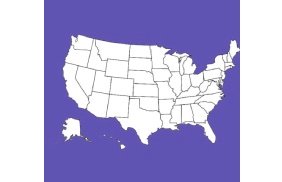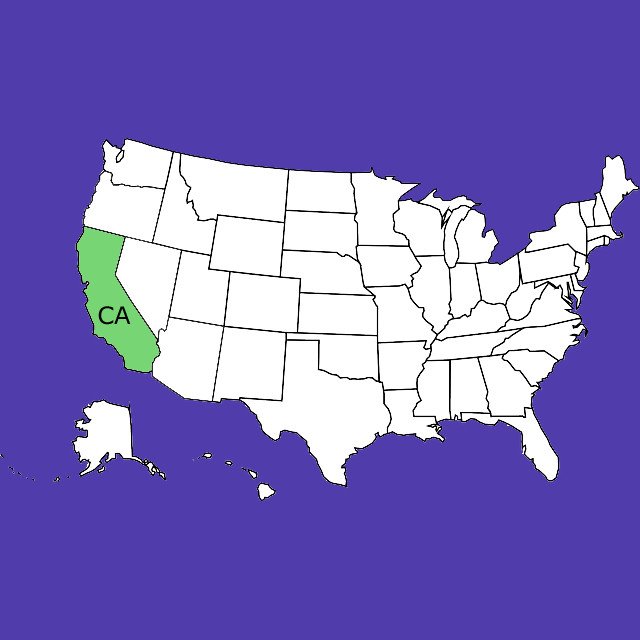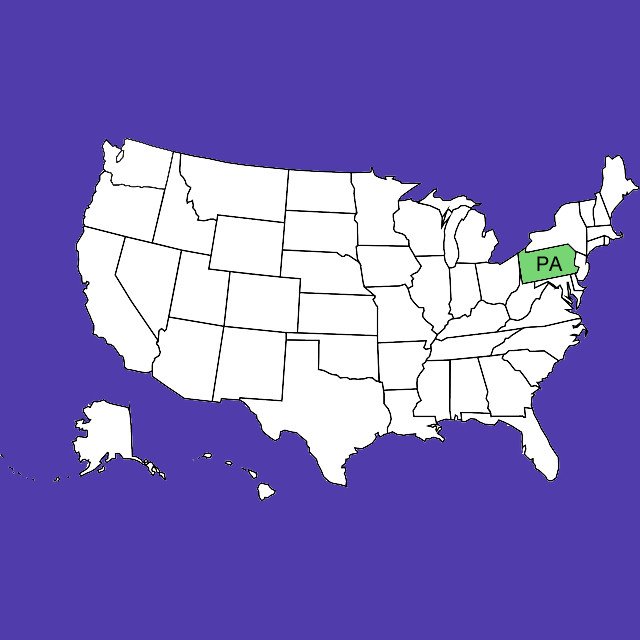Miller Nash LLP: Cannabis & Taxes: Making Cents of Refunds and Reclassification
On April 30, 2024, the Associated Press announced the U.S. Drug Enforcement Agency (DEA) will move to reclassify cannabis from a Schedule I to Schedule III under the Controlled Substances Act. It is important to note that the move generally requires the DEA to proceed through the rulemaking process. The rulemaking process will involve a public notice and comment period that should take at least sixty days. There is no certainty that the DEA will complete the rulemaking process or a timeframe in which it would occur.
Editorial: Cannabis Law Journal: Issue 9 June 2018.
Welcome to Issue 9 of Cannabis Law Journal the longest running publication covering legal issues written by attorneys in the regulated cannabis sector. We’ve now published over 100 articles penned by lawyers on legal issues concerning the market. In Issue 9 we…
Exceptional Corporate, Director, and Officer Liability under the Proposed federal Cannabis Act
The legalization of cannabis in Canada is right around the corner with the proposed Cannabis Act, Bill C-45, slated for a final Senate vote. The proposed Act will create an entirely new regulated industry which offers both significant opportunities and significant risks for businesses selling cannabis, cannabis accessories, or related services, and their directors and officers.
USA: Did the Federal Right to Try Act Just Legalize Medical Marijuana?
I’ve heard and read a lot this week about how the Trickett Wendler, Frank Mongiello, Jordan McLinn, and Matthew Bellina Right to Try Act of 2018 (Right to Try Act), signed into law by President Trump on May 30, 2018, functions to legalize medical marijuana. It does no such thing.
California: 11 Easy Steps to Start a Cannabis Business Entity in California* Starting a New Cannabis Business Checklist
If you sell cannabis or cannabis products, you must register with the California Department of Tax and Fee Administration (CDTFA) for a seller’s permit. Cannabis cultivators, processors, manufacturers, retailers, microbusinesses, and distributors making sales are required to obtain and maintain a seller’s permit as a prerequisite for applying for a license with the California Department of Food and Agriculture, the California Department of Consumer Affairs, or the California Department of Public Health. Distributors of cannabis and cannabis products also must register with the CDTFA for a cannabis tax permit to report and pay two new cannabis taxes to the CDTFA. The cannabis tax permit is in addition to your seller’s permit.
Righting the Wrongs? Ganja Decriminalization and ‘Automatic’ Expungement of Criminal Records in Jamaica
This paper explores the level of inequality and arbitrariness that persons in contravention of the Dangerous Drugs Act have had to deal with in Jamaica in the context of a struggle between socio-economic groups and makes a case for making the retroactive removal of convictions relating to small quantities of marijuana truly automatic.
Understanding the Possession Rules in BC’s Cannabis Act
British Columbia’s cannabis legalization framework has been revealed, but public debate and discussion around the issue has muddied the waters for anyone wishing to know how they can possess cannabis, and how much.
Michigan: Politics Law & Cannabis Regulation
This political year is starting to heat up in Michigan. 2018 is an election year, and things look good for the ballot initiative proposal for legalization of marijuana to be voted on in November.
Can Rastafarians and Small Farmers Secure Economic Enablement through the Current Legal Ganja Framework in Jamaica?
Chief Justice Wolfe in his reasoning stated that arguments relating to possible economic benefits which could be derived from legalizing ganja would be more properly advanced before Parliament to convince legislators on the question of legalizing ganja.
WHAT EVERY CANNABIS STARTUP NEEDS TO KNOW ABOUT STATE AND FEDERAL TRADEMARKS
There exist other forms of trademarks which can be excellent tools for the right type of business, such as for cannabis startups that touch the cannabis plant.
The California Cannabis Gauntlet – Death by a 150,000 Thousand Cuts
The dual state and local licensing structure that created 540 distinct county and city versions of California cannabis law with bans and partial bans in the majority of the localities was just the beginning.
A Legal Analysis of the DEA Directive Regarding Cannabinoids
To say that the DEA is is slow in responding to matters regarding cannabis (other than raids and arrests) is like saying that Rip Van Winkle took a long nap.
4 IP STRATEGIES THAT EVERY CANNABIS STARTUP SHOULD BE USING
Cannabis companies that own and enforce their trademarks, patents, copyrights, and trade secrets are not only protecting their brands, but are also showing their sophistication to potential investors in this fast growing space.
Pennsylvania Medical Marijuana: Medical Research Injunction in Pennsylvania
On May 22, 2018, the Commonwealth Court of Pennsylvania issued a temporary injunction that prevents the Pennsylvania Department of Health (DOH) from issuing permits to Clinical Registrants (CRs). The not-yet issued permits would have allowed the CRs to work with Academic Clinical Research Centers (ACRCs) to conduct medical research. Under the temporary regulations issued by the DOH, a licensed CR would be permitted to conduct medical research and at the same time act as a commercial grower/processor and dispensary, all with the added privilege of selling cannabis plants and seed to other CRs and operating twice as many dispensaries as non-CR licensees.
DEA Responds: ‘These Are Not the Marihuanas We Are Looking For’
Earlier this year, we outlined a potential argument concerning hemp-derived CBD oil and its status under the Controlled Substances Act (CSA). Our argument focused on the CSA’s definition of the term “marihuana,” which excludes mature stalks, oil or cake made from seeds from the list of controlled substances. Last week, the DEA agreed and issued an internal directive with the following key statement.
The High Lights of California Cannabis Regulation May 2018
The Medical and Adult-Use Cannabis Regulation and Safety Act (“MAUCRSA” ), which became effective January 1, 2018, is the governing law for both medical and adult use of cannabis in California. The rules are complex. Cannabis businesses seeking to do business in California should consult with an attorney prior to engaging in any project to ensure full understanding of the most up-to-date rules.
Cannabis Producers: Health Canada Specifies Certain Future Regulatory Obligations Following Public Consultations
On March 19, 2018 Health Canada published a document entitled “Proposed Approach to the Regulation of Cannabis: Summary of Comments Received During the Public Consultation”. The document briefly reviews the approaches proposed by Health Canada in November 2017, and summarizes the comments received by stakeholder communities most directly affected by the proposed regulations. More importantly, in this publication Health Canada confirms several regulatory approaches and specifies the scope of the regulatory framework in greater detail.
Should State Cannabis Programs Be a States’ Rights Issue?
As of March 2018, thirty states and the District of Columbia have enacted laws legalizing medical and/or recreational cannabis. Yet the conflict between state laws and the federal Controlled Substance Act still plays a significant role in acceptance of the changing climate surrounding cannabis. The uneasy coexistence of state legalization and federal prohibition results in uncertainty and fear among elected officials, law enforcement and members of the general public
Cannabis Banking Needs a True Legislative Fix, Not More Guidance
On February 14, 2014 the Financial Crimes Enforcement Network (“FinCEN”) issued guidance clarifying the Financial Recordkeeping and Reporting of Currency and Foreign Transactions Act of 1970 (31 U.S.C. 5311), commonly referred to as the Bank Secrecy Act (“BSA”), expectations for financial institutions seeking to provide services to cannabis-related businesses (the “FinCEN Guidance”).
Guns & Cannabis In America
In a post District of Columbia v. Heller and McDonald v. City of Chicago world, where it is now
a individual right to bear arms and the growing trend toward the legalization of marijuana, it raises the
question of whether “lawful” users of marijuana should be allowed to own firearms to fulfill the same
needs non-users of marijuana has, for self-defense, home defense, and recreational use.
Selling Cannabis Businesses. Preparation For Investors.
Considering Selling Your Cannabis Business? With Explosive Market Opportunity, Investors Are Scrambling to Get In. But Are You Prepared? This 1stWest M&A white paper will help you prepare today for the opportunity to rapidly transition your business in the right way for you.










